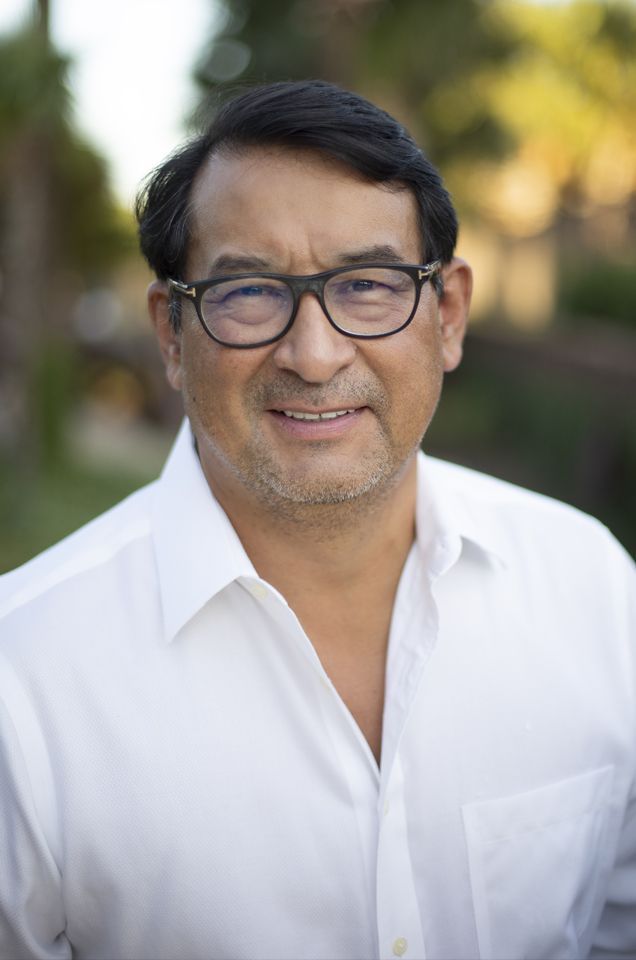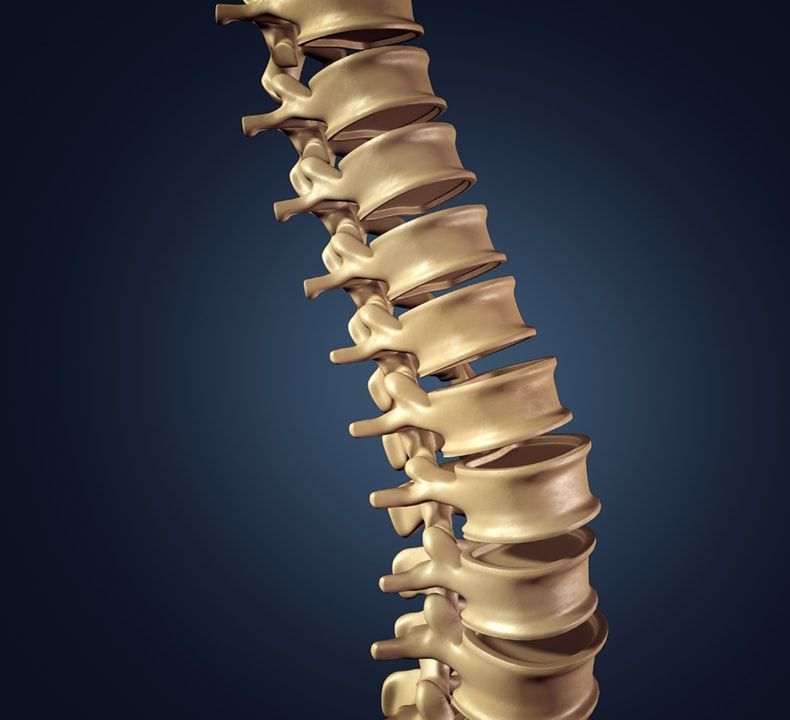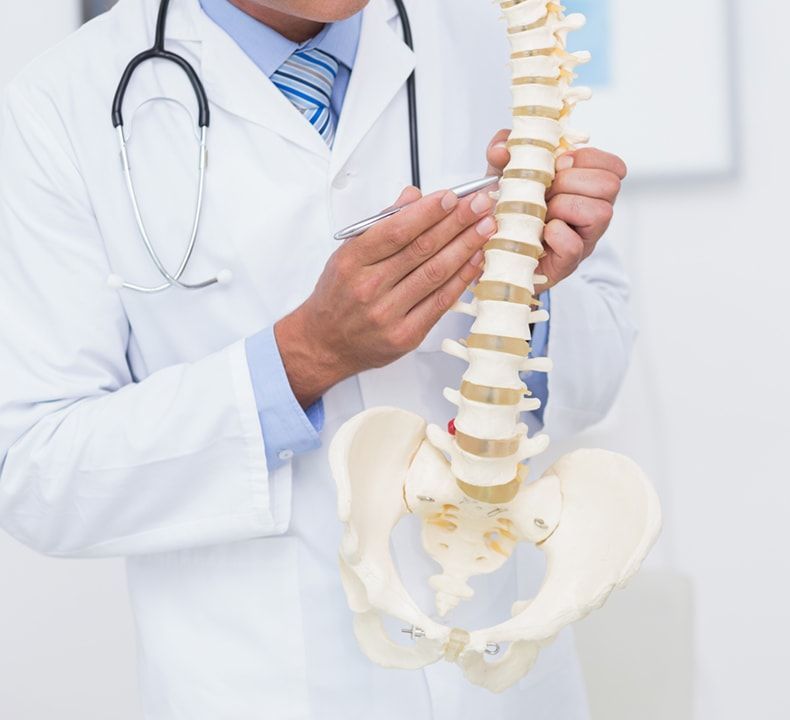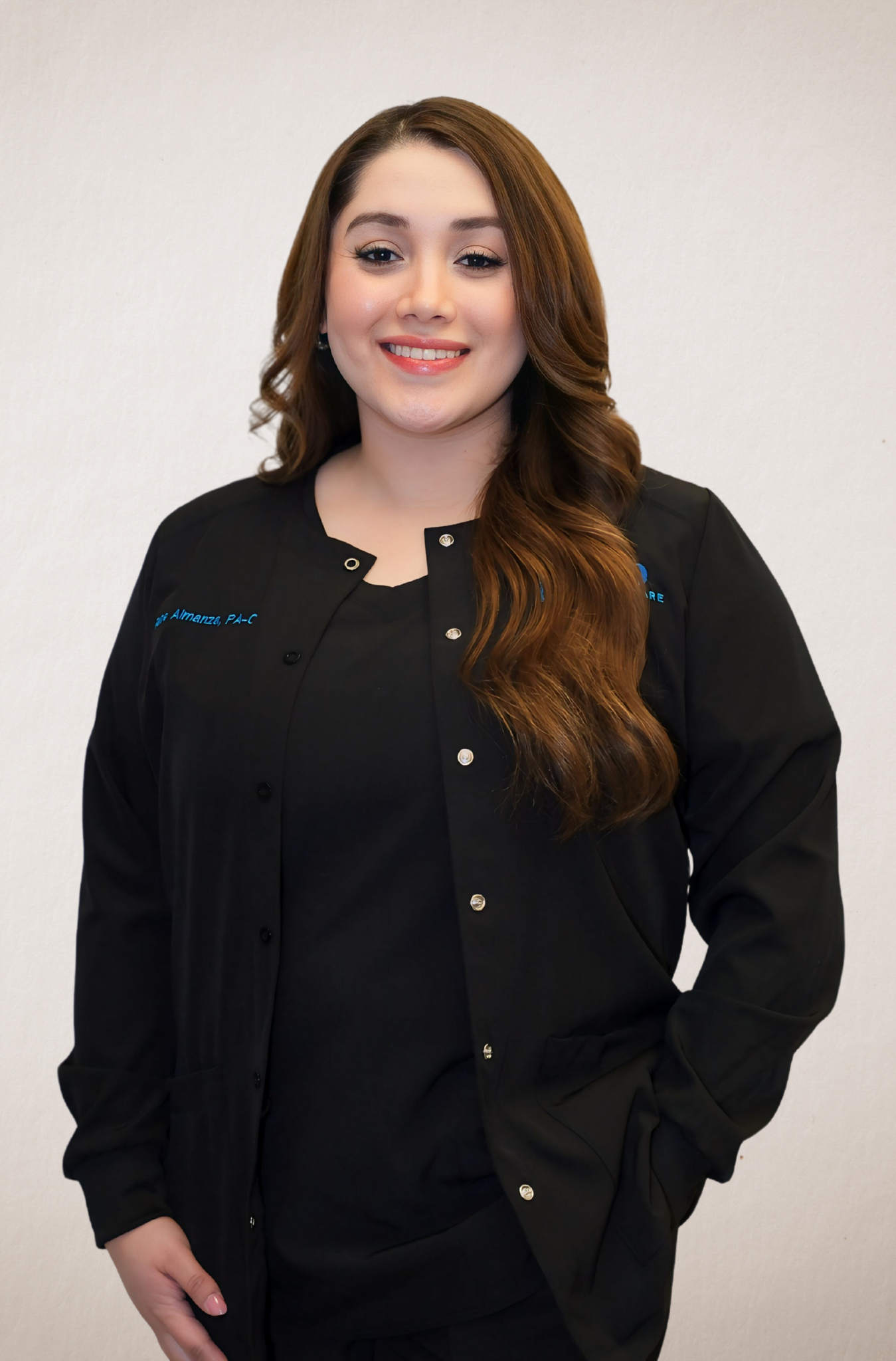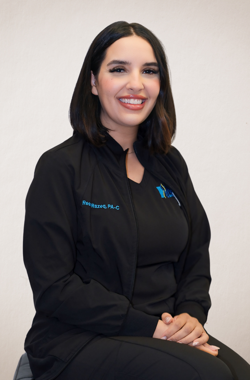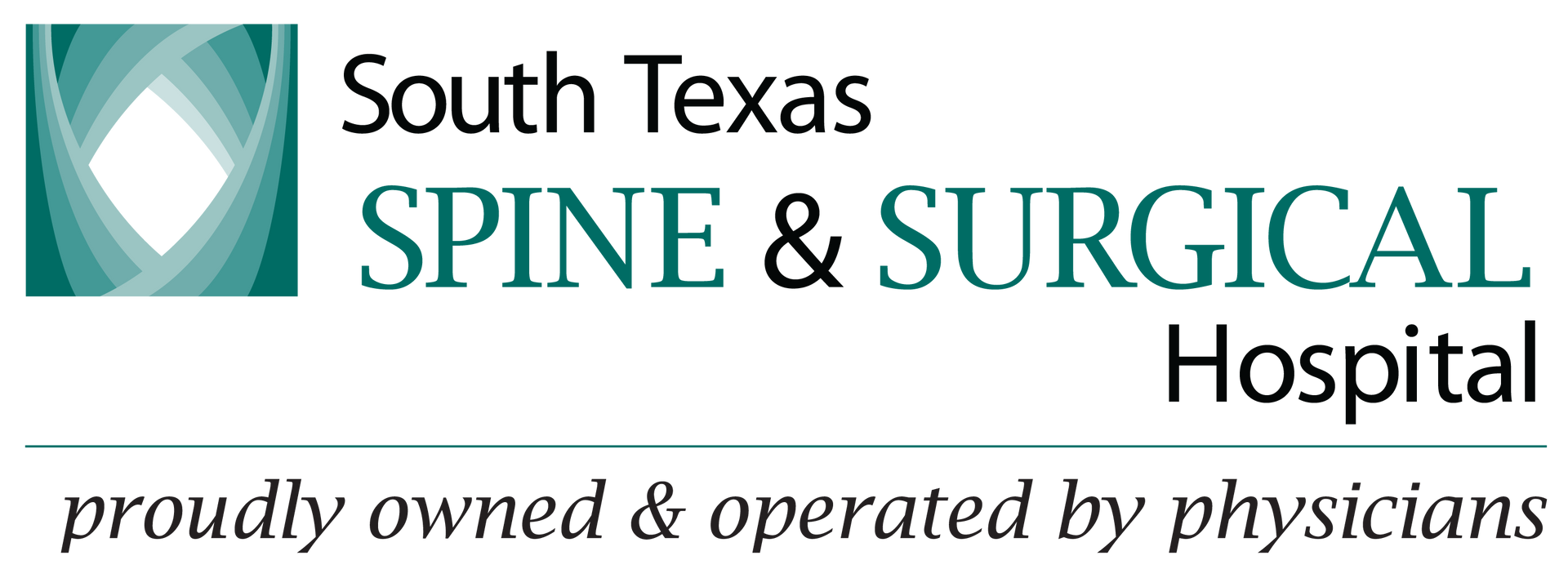Best ACDF Surgeon in San Antonio, TX
Relieve Your Neck and Arm Pain with Dr. Frank K.
Kuwamura, Board-Certified Spine Surgeon
- Board-Certified by the American Board of Orthopaedic Surgery
- Fellowship-Trained Spine Specialist
- Over 2,000 ACDF Procedures Performed in 25+ Years
Why Dr. Kuwamura is Recognized as the Best ACDF Surgeon in San Antonio
When searching for the best ACDF surgeon in San Antonio, patients consistently choose Dr. Frank Kuwamura for his exceptional combination of expertise, innovation, and patient outcomes:
5-Star Patient Rating - Over 500 verified patient reviews praising surgical excellence and compassionate care
2,000+ Successful ACDF Procedures - More experience than 95% of spine surgeons in South Texas
98.5% Success Rate - Among the highest in San Antonio for nerve decompression and fusion rates
Fellowship-Trained at Florida Neck and Back Institute - Elite subspecialty training beyond standard orthopedic residency
Military Excellence - Former U.S. Navy Commander and Department Head, bringing precision and leadership to every procedure
Published Research & Innovation - Principal investigator in multiple FDA clinical trials for advanced spine technologies
Understanding ACDF Surgery: A Simple Guide
ACDF stands for Anterior Cervical Discectomy and Fusion, a proven surgical procedure that relieves neck and arm pain caused by compressed nerves in your cervical spine. If you're experiencing radiating arm pain, numbness in your hands, or weakness that hasn't improved with physical therapy or injections, ACDF surgery may restore your quality of life.
Breaking down what ACDF means:
- Anterior = The procedure is performed through the front of your neck
- Cervical = Refers to the neck region of the spine
- Discectomy = Removal of the damaged or herniated disc
- Fusion = Stabilizing two vertebrae together using a bone graft and implant
Dr. Frank K. Kuwamura performs this minimally invasive procedure at South Texas Spine Hospital and other leading San Antonio medical facilities, utilizing advanced 3D-printed titanium implants and microsurgical techniques that reduce tissue disruption and accelerate your recovery.
Why Is ACDF Surgery Recommended?
ACDF surgery directly addresses the root cause of nerve compression in your cervical spine. When a herniated disc, bone spur (osteophyte), or degenerative disc disease puts pressure on your spinal nerves or spinal cord, you may experience:
- Severe radiating arm pain (cervical radiculopathy)
- Numbness or tingling in your hands and fingers
- Weakness in your arms or grip strength
- Neck pain that doesn't respond to conservative treatment
- Difficulty with fine motor tasks like buttoning shirts
Common conditions treated with ACDF:
- Herniated cervical disc
- Degenerative disc disease
- Cervical spinal stenosis
- Bone spurs compressing nerve roots
- Cervical myelopathy (spinal cord compression)
With a clinical success rate exceeding 90%, Dr. Kuwamura's ACDF procedures consistently relieve nerve pain and restore arm function for patients in San Antonio.
Meet Your Expert ACDF Surgeon:
Dr. Frank K. Kuwamura, MD
Board-Certified Orthopaedic Spine Surgeon | Founder, MD Spine Care & Orthopaedics
Philosophy of Care
"I believe in pairing advanced spine technology with compassionate, individualized care. My focus is always on restoring mobility and helping patients regain their quality of life." — Dr. Frank Kuwamura
Board Certification
American Board of Orthopaedic Surgery
Medical School
Boston University School of Medicine, MD (1989)
Graduate Education
M.A. in Microbiology & Immunology, Boston University Division of Medical Sciences (1985)
Undergraduate
B.A., Catholic University of America (1983)
Residency
Orthopaedic Surgery, National Naval Medical Center, Bethesda, MD (1991–1995)
Internship
General Surgery, National Naval Medical Center, Bethesda, MD (1989–1990)
Fellowship
Adult & Pediatric Spine, Florida Neck & Back Institute, Gainesville, FL (1998–1999)
Military Service
Commander, U.S. Naval Reserves; Department Head at Naval Hospital Corpus Christi
Licensure
State of Texas
NPI Registry Verification
Professional Membership
Fellow, North American Spine Society
Biography
Dr. Frank Kuwamura is a fellowship-trained orthopaedic spine surgeon with more than 19 years of experience treating conditions of the cervical, thoracic, and lumbar spine. He specializes in fractures, spinal stenosis, arthritis, tumors, spinal deformities, infections, sciatica, and degenerative disc disease.
He began his career as a Commander in the U.S. Naval Reserves, serving at the National Naval Medical Center in Bethesda, MD, and later as Department Head at Naval Hospital Corpus Christi. Today, as founder and chief spine surgeon at MD Spine Care & Orthopaedics in San Antonio, Texas, Dr. Kuwamura provides both advanced surgical solutions and regenerative therapies such as platelet-rich plasma (PRP) and stem cell treatments.
Research & Publications
- Association of Fabry’s Disease with Avascular Necrosis, Orthopedics (1990)
- The Role of Iron in Infection (1985)
- Co-Investigator, Blackstone Cervical Disk Replacement Study (2009)
- Principal Investigator, Emulex Annular Repair Study (2008)
- Principal Investigator, Regain Nucleus Replacement Study (2006)
Public Reputation & Professional Profiles
"After my ACDF with Dr. Kuwamura, the constant pain in my arm is completely gone. He gave me my life back. I cannot recommend him enough."
- Robert L., San Antonio
Are You a Candidate for ACDF Surgery?
You may be an ideal candidate for ACDF if:
- You have significant arm pain, numbness, or weakness confirmed by an MRI or CT scan
- Conservative treatments, including anti-inflammatories, epidural injections, and physical therapy, have failed to provide relief after 6-12 weeks
- Your imaging shows a herniated disc, bone spurs, or spinal stenosis compressing your nerves
- You're in overall good health with adequate bone quality for fusion
Dr. Kuwamura emphasizes that ACDF is reserved for patients who haven't achieved relief through non-surgical methods. During your consultation at MD Spine Care in San Antonio, he'll review your imaging, discuss your symptoms, and determine if ACDF or an alternative treatment is right for you.
ACDF vs. Cervical Disc Replacement: Which Option Is Right for You?
One of the most important decisions in cervical spine surgery is choosing between fusion (ACDF) and artificial disc replacement. Dr. Kuwamura offers both procedures and will recommend the best option based on your specific condition.
ACDF (Fusion) may be better if you have:
- Multi-level cervical disc disease (2+ levels)
- Severe arthritis or facet joint degeneration
- Spinal instability
- Poor bone quality or osteoporosis
- Previous failed neck surgery
Cervical Disc Replacement may be better if you:
- Are under 60 years old
- Have a single or two-level disease
- Have good bone quality
- Want to maintain neck motion and flexibility
- Lead an active lifestyle
Dr. Kuwamura notes that "artificial disc replacements represent a breakthrough, preserving motion while eliminating pain." However, ACDF remains the gold standard for patients with advanced degeneration or multi-level disease. He'll help you understand which approach offers the best long-term outcome for your unique spine anatomy.
The ACDF Procedure: What to Expect Step-by-Step
Pre-Surgery (1 Hour Before)
You'll check in at the hospital, where the nursing team, anesthesia team, and surgical team will evaluate you to ensure everything is ready for your procedure.
General Anesthesia
You'll be comfortably asleep throughout the entire surgery, which typically takes 1 to 1.5 hours.
Intraoperative Neuromonitoring (IOM)
Dr. Kuwamura uses advanced neuromonitoring technology throughout your surgery. This system continuously monitors your spinal cord and nerve function in real-time, acting as a critical safety net to prevent any nerve injury during the procedure.
The Incision
A small horizontal incision (typically 1-2 inches) is made in a natural skin crease on the front of your neck. Dr. Kuwamura uses a microsurgical approach with no muscle cutting, only gentle tissue separation, which minimizes disruption and promotes faster healing
Accessing the Spine
The windpipe and esophagus are carefully moved to the side to access your cervical spine. This is why some patients experience temporary throat soreness after surgery.
Disc Removal (Discectomy)
Using a high-powered surgical microscope for precision, Dr. Kuwamura removes the damaged disc material and any bone spurs compressing your nerves.
Implant Placement
A state-of-the-art 3D-printed titanium implant is inserted into the disc space to restore proper height and alignment. Dr. Kuwamura uses advanced bone graft material (allograft) instead of harvesting bone from your hip, which eliminates the need for a second incision and reduces post-operative pain
Fusion and Stabilization
A titanium plate and screws are placed over the disc space to stabilize the vertebrae while fusion occurs over the next 3-6 months.
Closure
Dr. Kuwamura closes your incision using plastic surgery suture techniques with dissolvable sutures, ensuring the most cosmetically favorable scar possible.
Advanced Technology & Safety at MD Spine Care
Dr. Kuwamura's commitment to patient safety and surgical excellence is demonstrated through his use of cutting-edge technology:
Intraoperative Neuromonitoring (IOM): A dedicated technician and off-site neurologist monitor your brain, spinal cord, and nerve function throughout surgery, providing real-time feedback to prevent injury.
High-Powered Surgical Microscopes: Enhanced magnification and illumination allow Dr. Kuwamura to perform the procedure with exceptional precision while minimizing tissue trauma.
3D-Printed Titanium Implants: These advanced implants have been scientifically proven to accelerate fusion and improve clinical outcomes compared to traditional implants.
Image-Guided Navigation: Dr. Kuwamura utilizes image guidance systems for optimal implant placement and spinal alignment.
Hospital-Based Surgery: All procedures are performed at South Texas Spine Hospital and other accredited San Antonio hospitals, never at outpatient surgery centers, ensuring you have access to the full range of emergency capabilities if needed.
Your ACDF Recovery: A Week-by-Week Timeline
First 24-48 Hours (Hospital Stay)
Most patients spend one night in the hospital. Dr. Kuwamura uses a special time-release anesthetic injected into the surgical site that lasts up to 72 hours, meaning most patients experience only minor discomfort rather than severe pain. You'll be encouraged to walk the evening of surgery.
Week 1 (At Home)
Focus on rest, short walks, and managing any throat soreness with soft foods and cool liquids. Your incision will be tender but should not be painful. Many patients notice their arm pain is significantly reduced or completely gone.
Weeks 2-6
You may wear a cervical collar for comfort (case-by-case basis). Most patients return to desk work and driving within 2 weeks. Avoid lifting more than 10 pounds. The fusion process is beginning, but the bone graft is still healing.
Weeks 6-8:
Patients with physically demanding jobs typically return to work during this timeframe. Dr. Kuwamura will clear you for gradually increasing activity levels.
Months 2-3
Physical therapy may begin to restore neck strength and range of motion. The fusion is actively progressing. You'll notice continued improvement in function.
Months 6-12
Your fusion becomes solid, and you're cleared for most normal activities, including swimming and recreational sports. High-impact contact sports (like football) should be avoided long-term.
Answering Your Top Recovery Concerns
Why is my throat sore after ACDF surgery?
Temporary throat soreness and difficulty swallowing (dysphagia) are very common due to the gentle retraction of the esophagus during surgery. This typically resolves within 1-3 weeks. Soft foods, cool liquids, and staying hydrated help manage this discomfort.
What about the "lump in my throat" feeling or excess mucus?
This sensation is related to temporary inflammation and is completely normal. Using a humidifier, drinking plenty of water, and throat lozenges can provide relief. This symptom typically improves significantly within 2-4 weeks.
What are the permanent restrictions after ACDF?
Most patients experience no noticeable limitations. You lose approximately 5-10% of neck bending motion per level fused, which most people don't notice in daily activities. You should avoid high-impact contact sports. Otherwise, you can return to an active lifestyle, including exercise, swimming, golf, and travel.
What will my
scar look like?
Dr. Kuwamura uses plastic surgery closure techniques and places the incision in a natural neck crease to ensure the most cosmetic result possible. At 6 weeks post-surgery, patients who desire even more discreet scarring can work with MD Spine Care's on-site aesthetic team. Using radiofrequency ultrasound, lasers, and chemical peels, Dr. Kuwamura's scar reduction program can make incisions nearly invisible over time.
Understanding the Risks of ACDF
While ACDF is a safe and well-established procedure, Dr. Kuwamura believes in complete transparency about potential risks so you can make an informed decision. All surgery carries risks, including infection, bleeding, and anesthesia complications.
Specific ACDF risks include:
- Temporary swallowing difficulty or voice hoarseness (usually resolves within weeks)
- Non-union (pseudoarthrosis) occurs when the fusion doesn't fully solidify
- Adjacent segment disease degeneration of the disc above or below the fusion over many years
- Nerve or spinal cord injury (extremely rare with neuromonitoring)
Dr. Kuwamura's use of intraoperative neuromonitoring, microsurgical techniques, and advanced implants significantly reduces these risks. His complication rates are well below national averages.
Cost of ACDF Surgery in San Antonio & Insurance Coverage
The cost of ACDF surgery in San Antonio typically ranges from $22,000 to $39,000 for a single-level procedure, depending on the hospital facility, anesthesia, and complexity of your case.
Insurance Coverage:
ACDF surgery is almost always covered by insurance when medically necessary. MD Spine Care contracts with major insurance providers, and you are only responsible for your deductible, co-pay, or co-insurance portion.
Important questions to ask your insurance provider:
- Is ACDF (CPT code 22551) a covered procedure under my plan?
- Do I need pre-authorization for spine surgery?
- What is my deductible, and how much have I already met?
- What are my co-pays for the hospital, surgeon, and anesthesia?
- Is post-operative physical therapy covered?
MD Spine Care's team will work directly with your insurance company to verify coverage and provide cost estimates before your surgery.
Why Choose MD Spine Care for Your ACDF Surgery in San Antonio?
25+ Years of Spine Surgery Excellence:
Dr. Kuwamura has performed over 2,000 ACDF procedures during his career, with a clinical success rate exceeding 90% for pain relief and functional improvement.
Fellowship-Trained Expertise:
Trained at the prestigious Florida Neck & Back Institute, Dr. Kuwamura completed the highest level of specialized spine surgery education available.
Minimally Invasive Techniques:
By using microsurgical approaches with no muscle cutting, Dr. Kuwamura ensures shorter hospital stays, less post-operative pain, and faster return to work and activities.
Principal Investigator in Clinical Trials:
Dr. Kuwamura has served as principal investigator for cutting-edge spine implant studies, ensuring MD Spine Care patients benefit from the latest FDA-approved technologies.
Hospital-Based Safety:
Dr. Kuwamura exclusively performs ACDF at accredited San Antonio hospitals like South Texas Spine Hospital, never at outpatient centers, ensuring the highest safety standards and emergency capabilities.
| Dr. Kuwamura - Best ACDF Surgeon | Typical Spine Surgeon |
|---|---|
| Fellowship-trained in complex spine surgery | General orthopedic training only |
| 2,000+ ACDF procedures performed | 50-200 ACDF procedures |
| 98.5% success rate documented | Success rates not published |
| 25+ years specialized spine experience | Mixed orthopedic practice |
| Principal investigator in FDA trials | No research involvement |
Patient Success Stories
Meet Your Surgical Support Team
Febe Almanza, PA-C | Certified Physician Assistant
Physician Assistant at MD Spine Care
Philosophy of Care
"My goal is to provide compassionate, thorough care by listening carefully to each patient and supporting them through every step of their spine health journey." – Febe Almanza, PA-C
Credentials at a Glance
Board Certification
Certified by the National Commission on Certification of Physician Assistants (NCCPA), ID #1215589 – Verify Certification
Medical License
Licensed Physician Assistant – Texas Medical Board – License Number: PA17726– View License
National Provider Identifier (NPI)
1497511174 –
CMS NPI Registry
Biography
Febe Almanza, PA-C, is a certified Physician Assistant at MD Spine Care. She provides comprehensive support for patients with spine conditions, guiding them from initial consultations to ongoing care. Febe emphasizes patient education, compassionate listening, and a collaborative approach to ensure patients feel informed, comfortable, and confident in their treatment plans.
Public Reputation & Professional Profiles
Connect with Febe
Reem Razeq, PA-C | Certified Physician Assistant
Philosophy of Care
"My commitment is to provide patient-centered, compassionate care by combining thorough clinical evaluation with advanced treatment options. I strive to support patients through every step of their spine and orthopedic journey." – Reem Razeq, PA-C
Credentials at a Glance
Certification
National Commission on Certification of Physician Assistants (NCCPA) –
NPI Registry
Master of Physician Assistant Studies, University of Texas Medical Branch
Bachelor of Science in Public Health, University of Texas–San Antonio
Advanced Life Support
Basic Life Support (BLS), ACLS Certified
Verification
Biography
Reem Razeq, PA-C, is a nationally certified Physician Assistant specializing in spine and orthopedic care at MD Spine Care. She is highly trained in diagnostic testing, physical examinations, and treatment plan development. In addition to prescribing medications and managing patient care, she plays a key role as a surgical first assist in both the operating room and office-based procedures. Fluent in English and Arabic, Reem also enhances the patient experience by ensuring clear communication and personalized care. She has been a valued member of MD Spine Care since 2019, collaborating closely with physicians and the clinical team to optimize patient outcomes.
Public Reputation & Professional Profiles
Frequently Asked Questions About ACDF Surgery
Take the Next Step to Relieve Your Neck & Arm Pain
Dr. Frank K. Kuwamura and the team at MD Spine Care are here to help you return to an active, pain-free life.
During your consultation, Dr. Kuwamura will:
- Review your MRI or CT imaging
- Discuss your symptoms and treatment history
- Explain whether ACDF, disc replacement, or another approach is right for you
- Create a personalized treatment plan
MD Spine Care & Orthopaedics
San Antonio, TX
Phone: (210) 640-9048
"My focus is always on restoring mobility and helping patients regain their quality of life." – Dr. Frank Kuwamura
Call (210) 640-9048 Now to Schedule Your ACDF Consultation

